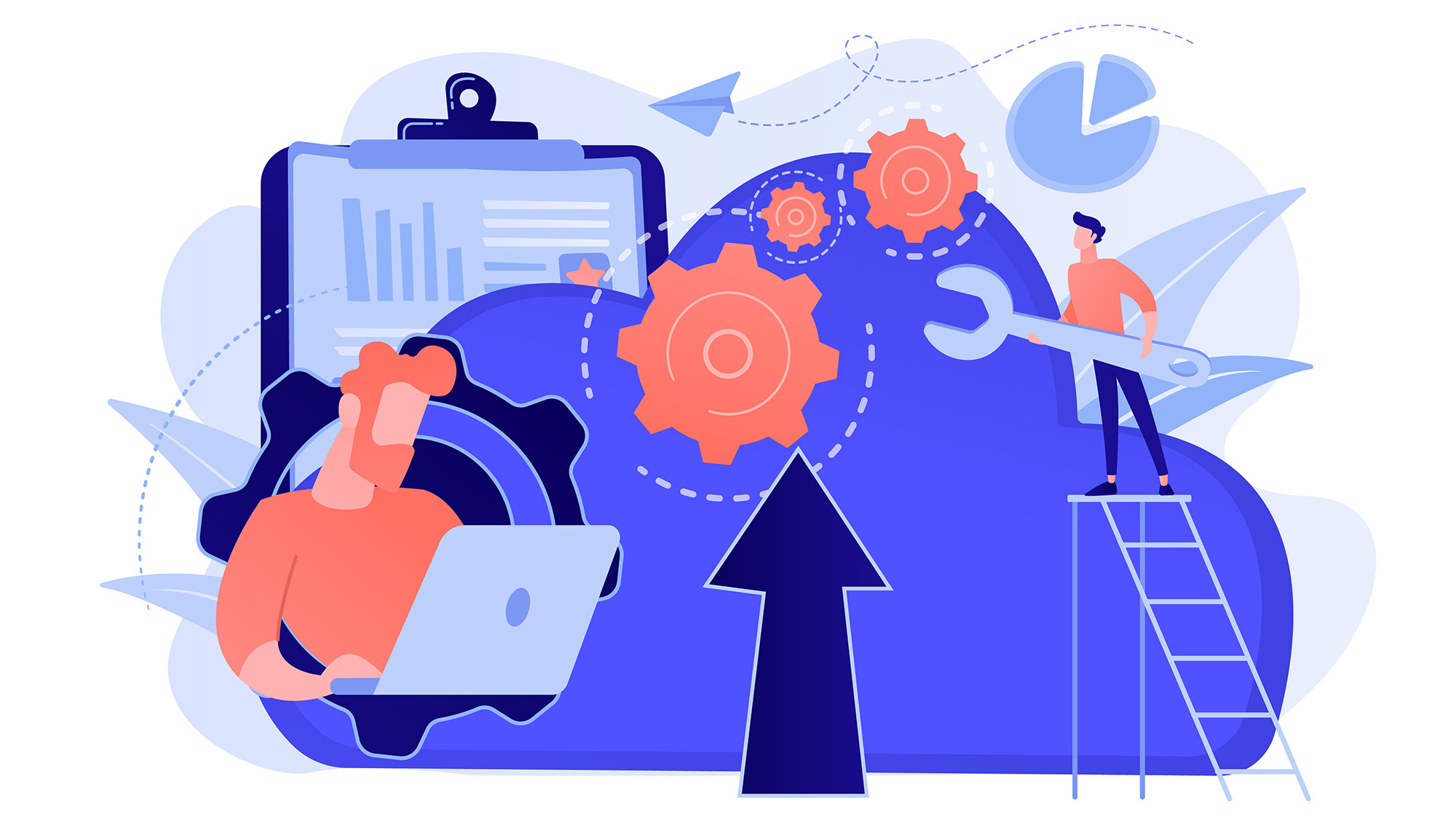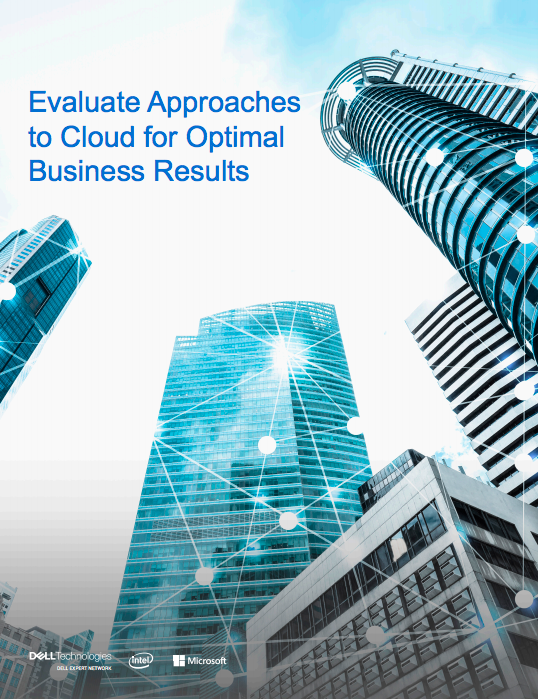2021 could be the year of cloud experimentation
With more and more businesses on the digital transformation train, we see an explosion of new use cases


If 2020 was the year to accelerate your digital transformation plans, then 2021 could be the year to explore all the wonders you might now have at your disposal.
From containers to artificial intelligence, businesses now have a lot more power in their hands. While much of this won’t necessarily be new technology, a more varied uptake of it may lead to new use cases, greater insights and lots more experimentation.
Pip White has been the managing director of Google Cloud’s UK and Ireland operation since June. She tells IT Pro that this year may be about exploring the benefits of all those cloud migrations.
“Until now, cloud migration has been an infrastructure decision, promising to change the way business devices and information systems interact with each other,” White explains. “But cloud migration brings another type of transformation too – of a company’s culture – and it's coming to the forefront of conversations.
“As we enter 2021, cloud migration will be increasingly driven by the need to establish a culture of continuous innovation to keep pace with rapid change. Untethering staff from low value, labour-intensive tasks and allowing them to focus on innovation and high-impact projects. Companies will move away from what might have been top-down corporate strategies, to fully infusing transformation and letting every person in an organisation transform.”
White also cites a term coined by Gartner: The “anywhere operations model”, where businesses allow employees to access services from any device, any time and, as the name suggests, from anywhere. This will naturally result in greater cloud security functions, which we should see more of in 2021, though that is an area that has seen lots of attention over the last few years.
The “Open” cloud
The ever-evolving workplace will force businesses to prioritise agile and “responsive” models, according to White. This may include a move to an “open” cloud approach, rather than using one vendor, with containerisation moving up the agenda.
Get the ITPro daily newsletter
Sign up today and you will receive a free copy of our Future Focus 2025 report - the leading guidance on AI, cybersecurity and other IT challenges as per 700+ senior executives
RELATED RESOURCE

Optimal business results with the cloud
Evaluating the best approaches to hybrid cloud adoption
“As businesses continue to stabilise themselves post-pandemic, a renewed focus will be placed on projects that enhance employee and customer experiences, reduce costs, increase operational efficiencies and boost revenue,” White says. “To enable an open cloud, build new environments and modernise old ones, the open-source community will dial-up investment in container and serverless functions, creating a spike in global demand.”
This is a fairly safe bet as containers have been steadily increasing in popularity for the last few years. Developers use them to build applications and going into 2021, demand for that skill is likely to grow.
AI and ML shift
With the mass migration to the cloud, more and more businesses will suddenly be using artificial intelligence and or machine learning to improve customer services, boost productivity and enhance their use of data, according to White.
“Technologies like AI and ML will be crucial to extracting meaningful insights from data sets,” White says. “For example, the banking industry has dialled up AI investment to enhance personalisation, deliver financial well-being insights and better manage risk. Even industries who are not already using AI or ML will start to experiment with technology to create tailored experiences, from anywhere.”
Again, this isn’t necessarily new, but to businesses that made the jump to the cloud in 2020, or ones that invested more into established setups, a world of automation and data analytics awaits them.
Bobby Hellard is ITPro's Reviews Editor and has worked on CloudPro and ChannelPro since 2018. In his time at ITPro, Bobby has covered stories for all the major technology companies, such as Apple, Microsoft, Amazon and Facebook, and regularly attends industry-leading events such as AWS Re:Invent and Google Cloud Next.
Bobby mainly covers hardware reviews, but you will also recognize him as the face of many of our video reviews of laptops and smartphones.
-
 Cleo attack victim list grows as Hertz confirms customer data stolen
Cleo attack victim list grows as Hertz confirms customer data stolenNews Hertz has confirmed it suffered a data breach as a result of the Cleo zero-day vulnerability in late 2024, with the car rental giant warning that customer data was stolen.
By Ross Kelly
-
 Lateral moves in tech: Why leaders should support employee mobility
Lateral moves in tech: Why leaders should support employee mobilityIn-depth Encouraging staff to switch roles can have long-term benefits for skills in the tech sector
By Keri Allan